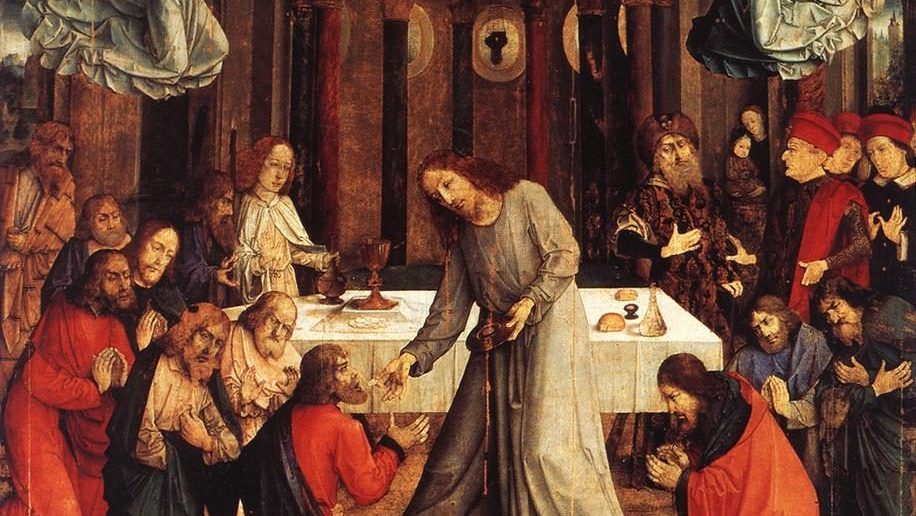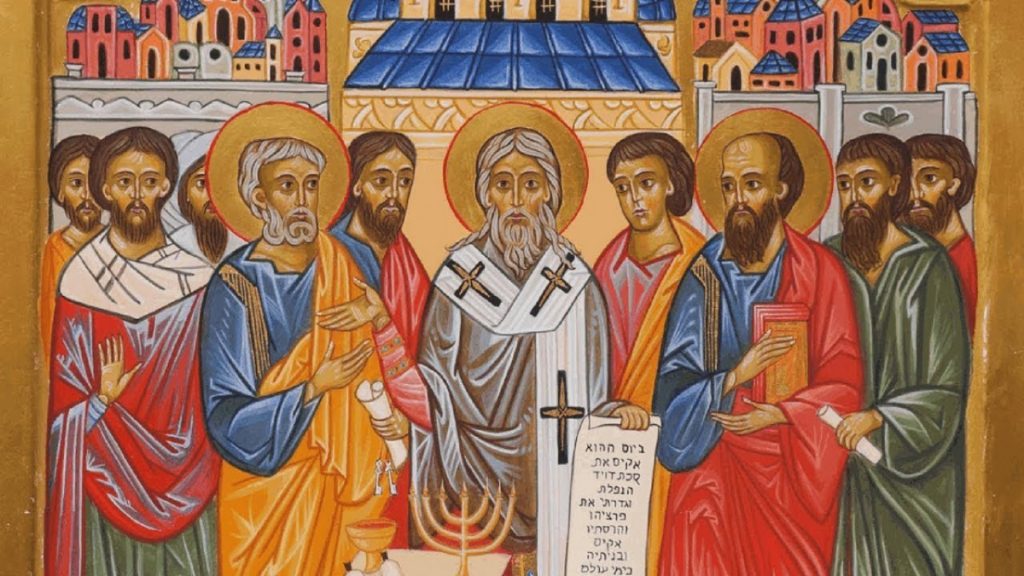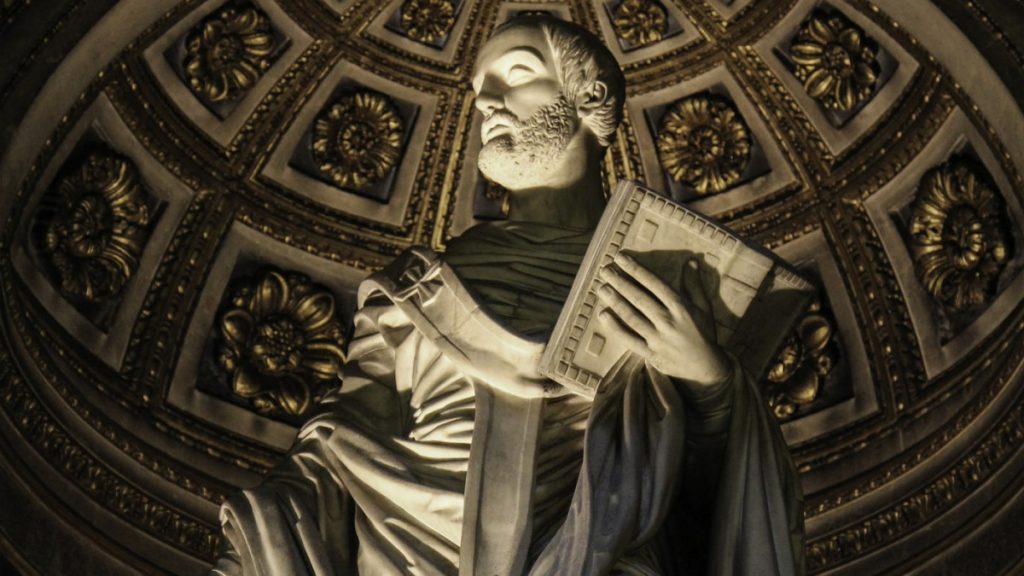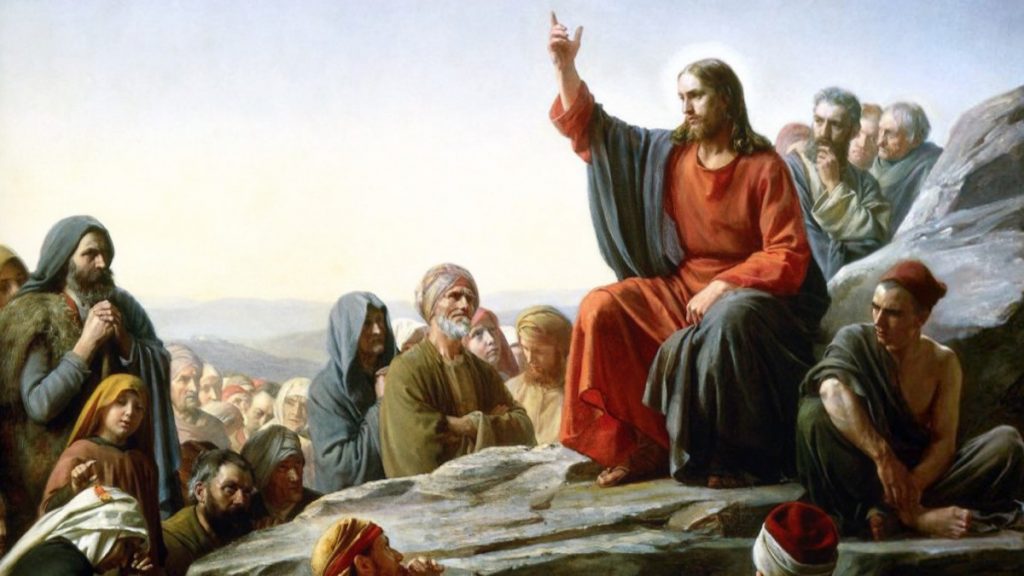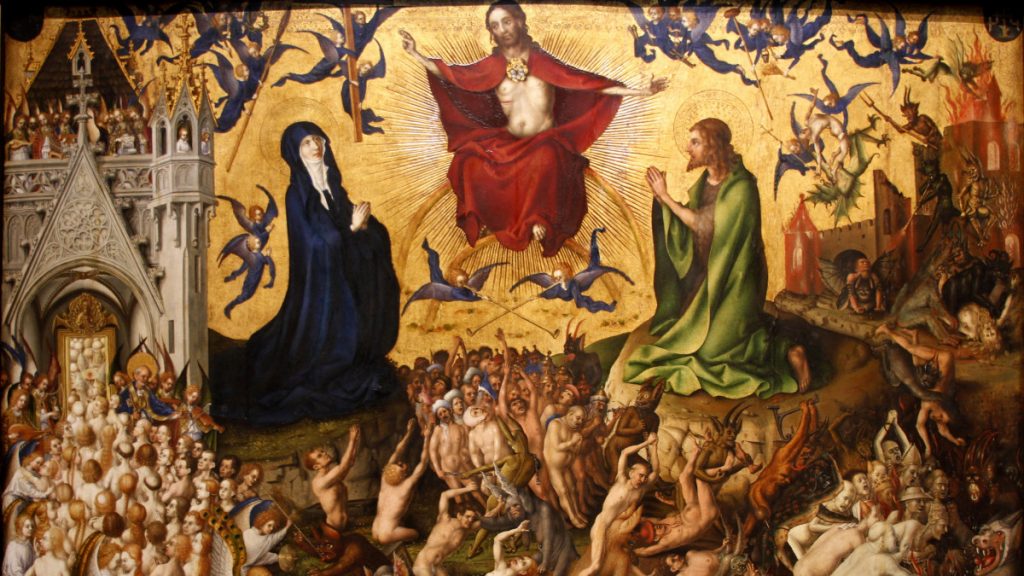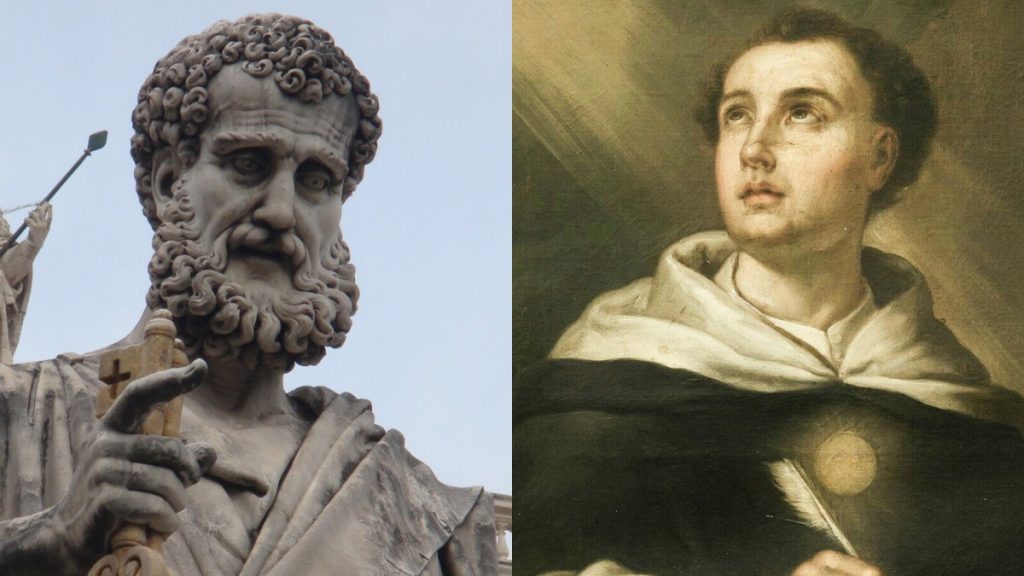(Updated September 5, 2025)
This Author Quote Archive collects pertinent quotes from the the Pagan writer, Eunapius of Sardis.
Next to each quote are the Topic Quote Archives in which they are included.
This Quote Archive is being continuously updated as research continues. Quotes marked with “***” have not yet been organized into their respective Topic Quote Archives.
Books
Eunapius of Sardis, Lives of the Philosophers
The Conversion of Alexandria from Paganism to the Catholic Faith1
Now, not long after, an unmistakable sign was given that there was in him some diviner element. For no sooner had he left the world of men than the cult of the temples in Alexandria and at the shrine of Serapis was scattered to the winds, and not only the ceremonies of the cult but the buildings as well, and everything happened as in the myths of the poets when the Giants gained the upper hand. The temples at Canobus also suffered the same fate in the reign of Theodosius, when Theophilus [bishop of Alexandria] presided over the abominable ones like a sort of Eurymedon “Who ruled over the proud Giants”2 421 | 423 and Evagrius was prefect of the city and Romanus in command of the legions of Egypt. For these men, girding themselves in their wrath against our sacred places as though against stones and stone-masons, made a raid on the temples, and though they could not allege even a rumor of war to justify them, they demolished the temple of Serapis and made war against the temple offerings, whereby they won a victory without meeting a foe or fighting a battle. In this fashion they fought so strenuously against the statues and votive offerings that they not only conquered but stole them as well, and their only military tactics were to ensure that the thief should escape detection. Only the floor of the temple of Serapis they did not take, simply because of the weight of the stones which were not easy to move from their place. Then these warlike and honorable men, after they had thrown everything into confusion and disorder and had thrust out hands, unstained indeed by blood but not pure from greed, boasted that they had overcome the gods, and reckoned their sacrilege and impiety a thing to glory in.
Next, into the sacred places they [the Christians] imported monks, as they called them, who were men in appearance but led the lives of swine, and openly did and allowed countless unspeakable crimes. But this they accounted piety, to show contempt for things divine. For in those days, every man who wore a black robe and consented to behave in unseemly fashion in public, possessed the power of a tyrant, to such a pitch of virtue had the human race advanced! All this however I have described in my Universal 423 | 425 History. They settled these monks at Canobus also, and thus they fettered the human race to the worship of slaves, and those not even honest slaves, instead of the true gods. For they collected the bones and skulls of criminals [martyrs], men whom the law courts of the city had condemned to punishment, made them out to be gods, haunted their sepulchers, and thought that they became better by defiling themselves at their graves. “Martyrs” the dead men were called, and “ministers” of a sort, and “ambassadors” from the gods to carry men’s prayers—these slaves in vilest servitude, who had been consumed by stripes and carried on their phantom forms the scars of their villainy. However these are the gods that earth produces!
